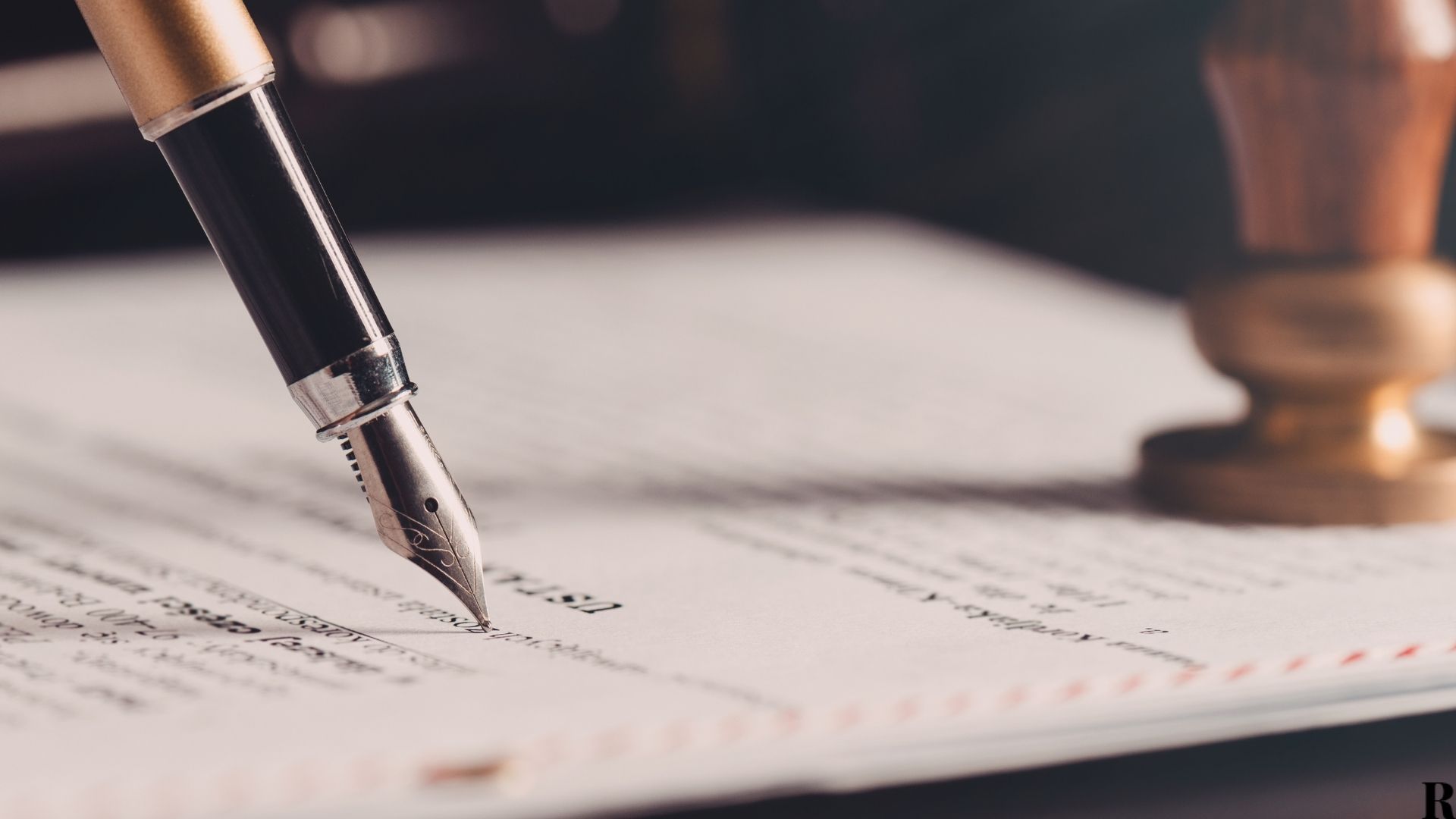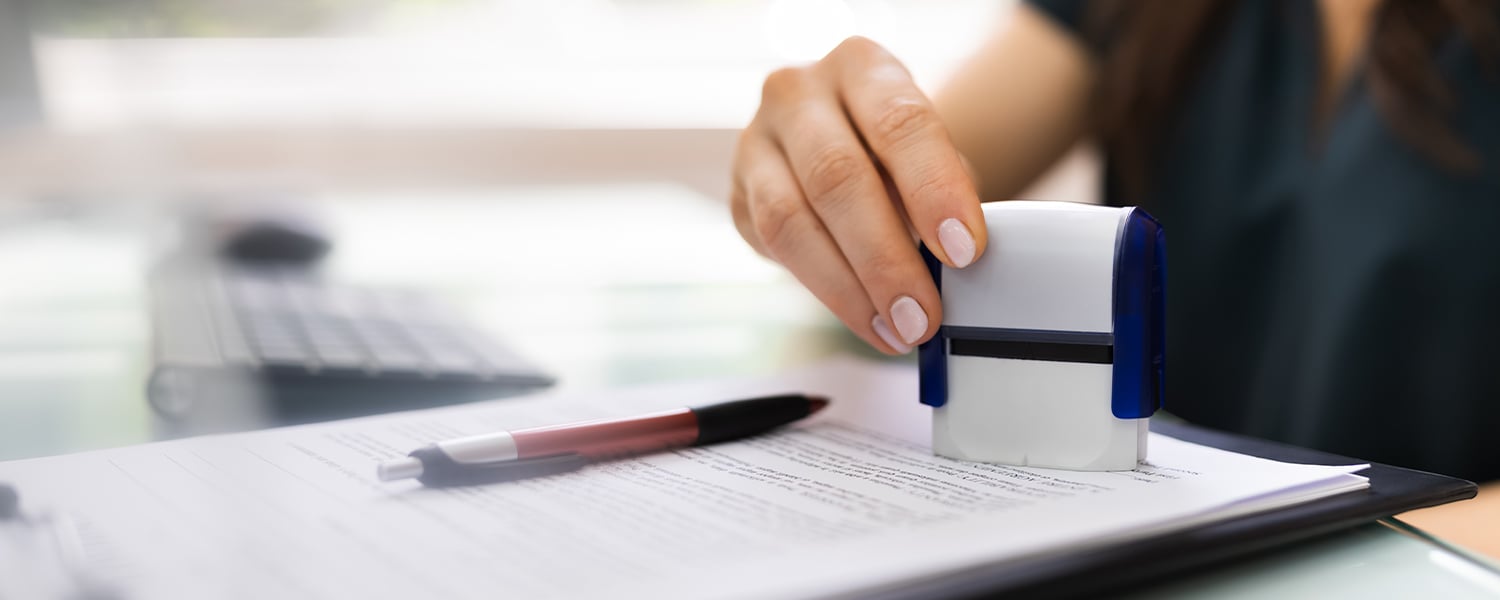Demystifying Notarial Job: Simplifying the Duty and Significance of Notaries
Their role, frequently shrouded in mystery for lots of, brings considerable weight in making certain the legitimacy and stability of important papers. By deciphering the complexities shedding and bordering notarial methods light on the significance of their acts, a clearer understanding arises of the crucial role notaries play in upholding the textile of legal and legal arrangements.
The History of Notarial Work
The history of notarial job days back to ancient human beings, where scribes played a crucial function in videotaping important info and authenticating files. This led to the advancement of notaries, people appointed by the state to act as unbiased witnesses in legal issues.
Throughout the Center Ages, notaries gained prominence in Europe, with their features expanding to consist of drafting lawful papers, licensing trademarks, and preserving records. The increase of global profession even more stressed the significance of notarial job in validating agreements and arrangements across boundaries.
In the modern era, notaries continue to play an important function in legal and service deals by confirming identities, verifying the credibility of papers, and protecting against fraudulence. Their duty in licensing the legitimacy of arrangements includes a layer of safety and trust to the ever-evolving landscape of commerce and regulation.

Obligations and Duties of Notaries
The historic evolution of notarial work from old worlds to the modern period has shaped the distinctive tasks and duties that notaries maintain in legal and organization deals today. Notaries play an important role in validating the authenticity of documents and the identity of signatories. Among their primary duties is to witness the signing of vital papers, such as wills, agreements, and acts, to ensure that all celebrations are becoming part of contracts knowingly and voluntarily. Notaries additionally verify that signatures are of sound mind and not under discomfort or coercion.
They certify duplicates of initial documents, offering assurance to institutions that the copies are real reproductions of the originals. On the whole, the obligations and duties of notaries are essential in safeguarding the integrity and validity of numerous papers and deals - DIRCO.
Notarial Certificates and Signatures
Exhibiting precise attention to information, notarial certifications and signatures work as essential parts in confirming the authenticity of legal records. Notarial certificates usually contain crucial details such as the date of notarization, the names of the signatures, a description of the document, and the notary's main seal. These certificates provide a clear document of the notarial act, making sure that the file helpful resources can be conveniently determined and traced back to the notary that managed the process.
Trademarks play a critical role in notarial work, as they signify the contract and consent of the events involved. Notaries visit this site carefully witness the finalizing of documents to confirm the identification of the notaries and validate that they are signing of their very own free will. By attaching their official seal and signature to the record, notaries certify that the essential procedures have actually been complied with which the paper is enforceable and legitimate.
Basically, notarial certificates and trademarks are the characteristic of authenticity in lawful transactions, giving guarantee to all parties included that the documents are genuine and binding.
Relevance of Notarial Acts

Notarization Process Described
The registration procedure usually begins with the specific offering the file to a notary public. Once the identification is verified, the notary ensures that the specific authorizing the record does so voluntarily and without any threat.

Conclusion

Notarial certifications commonly include vital details such as the date of registration, the names of the signatories, a summary of the document, and the notary's official seal. These certifications provide a clear record of the notarial act, making certain that the document can be quickly recognized and traced back to the notary who managed the procedure.
By attaching their main seal and trademark to the paper, notaries license that the essential treatments have actually been adhered to and that the record is valid and enforceable.
By confirming the identity of the signatories, confirming their willingness to enter into the agreement, and licensing the day and area of the finalizing, notaries play an essential role in supporting the validity of legal documents.After the document is signed, the notary will certainly attach their official seal or stamp onto the paper.
Comments on “DIRCO Regulations Demystified: A Guide to Diplomatic Protocol”